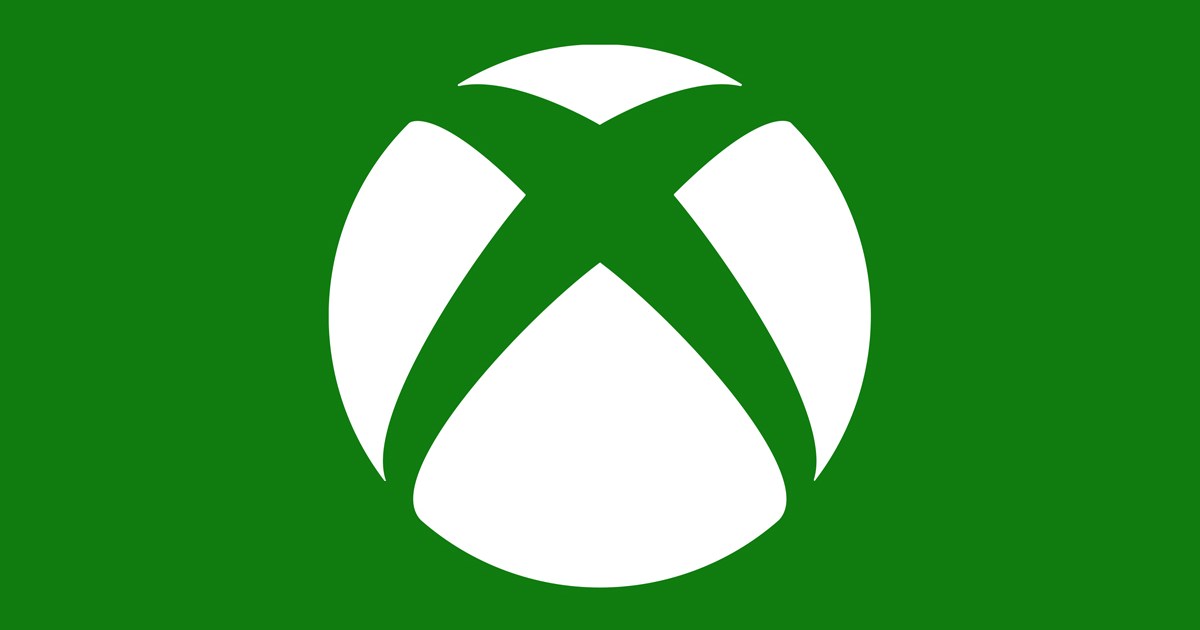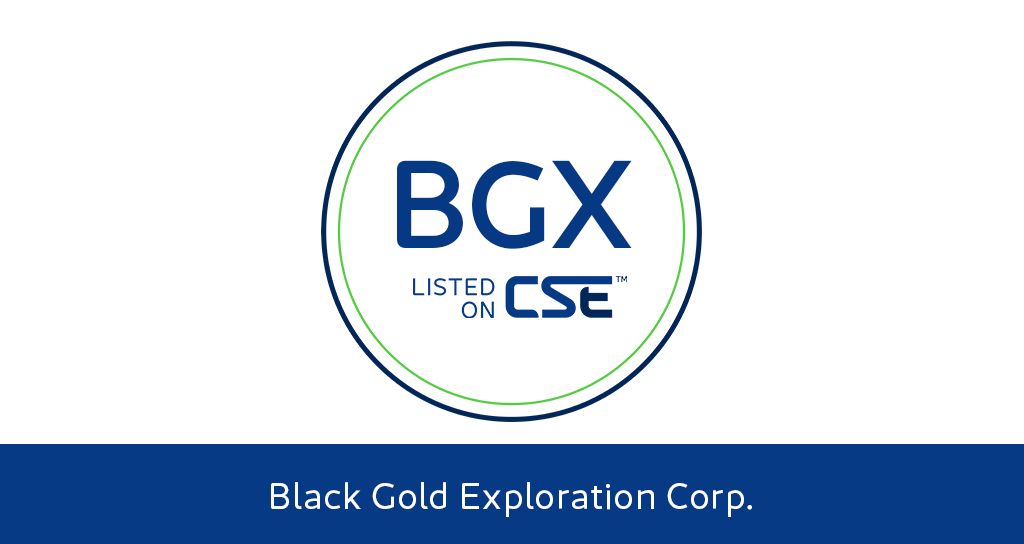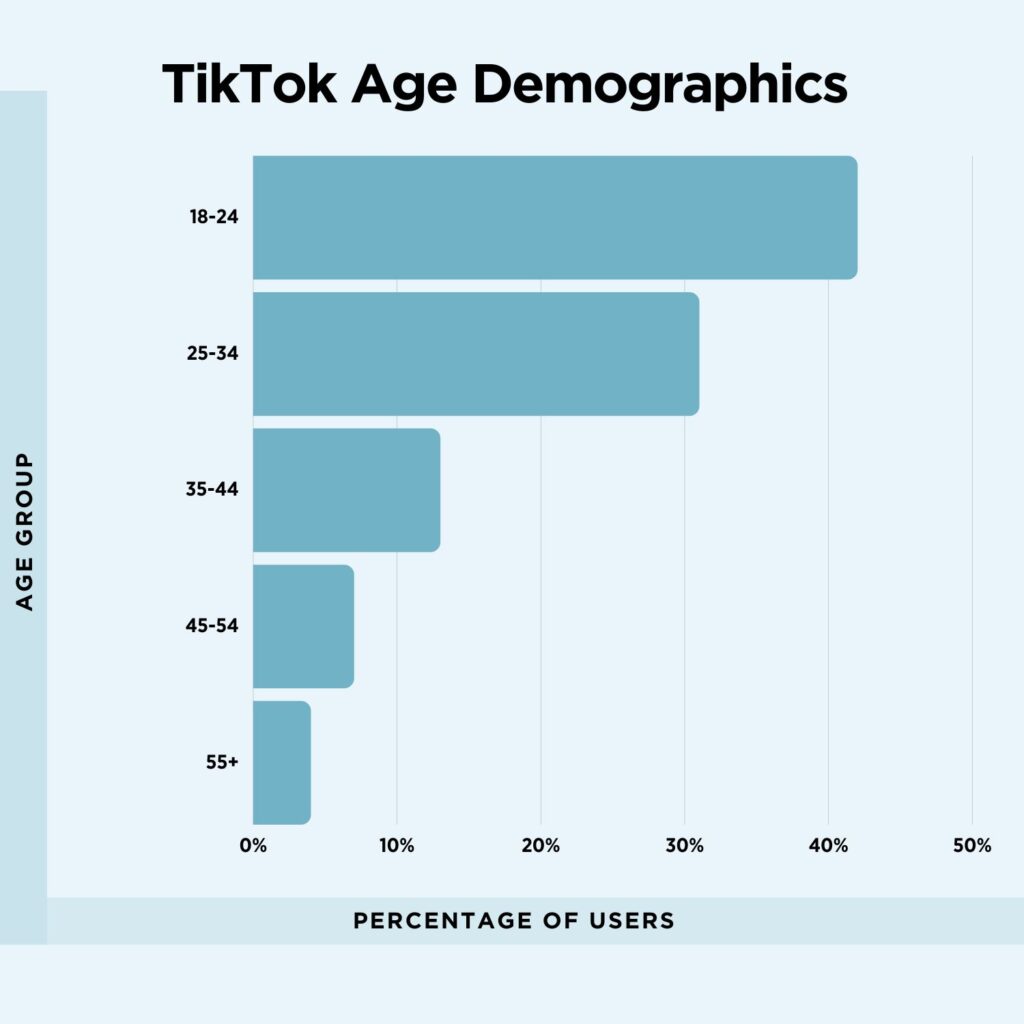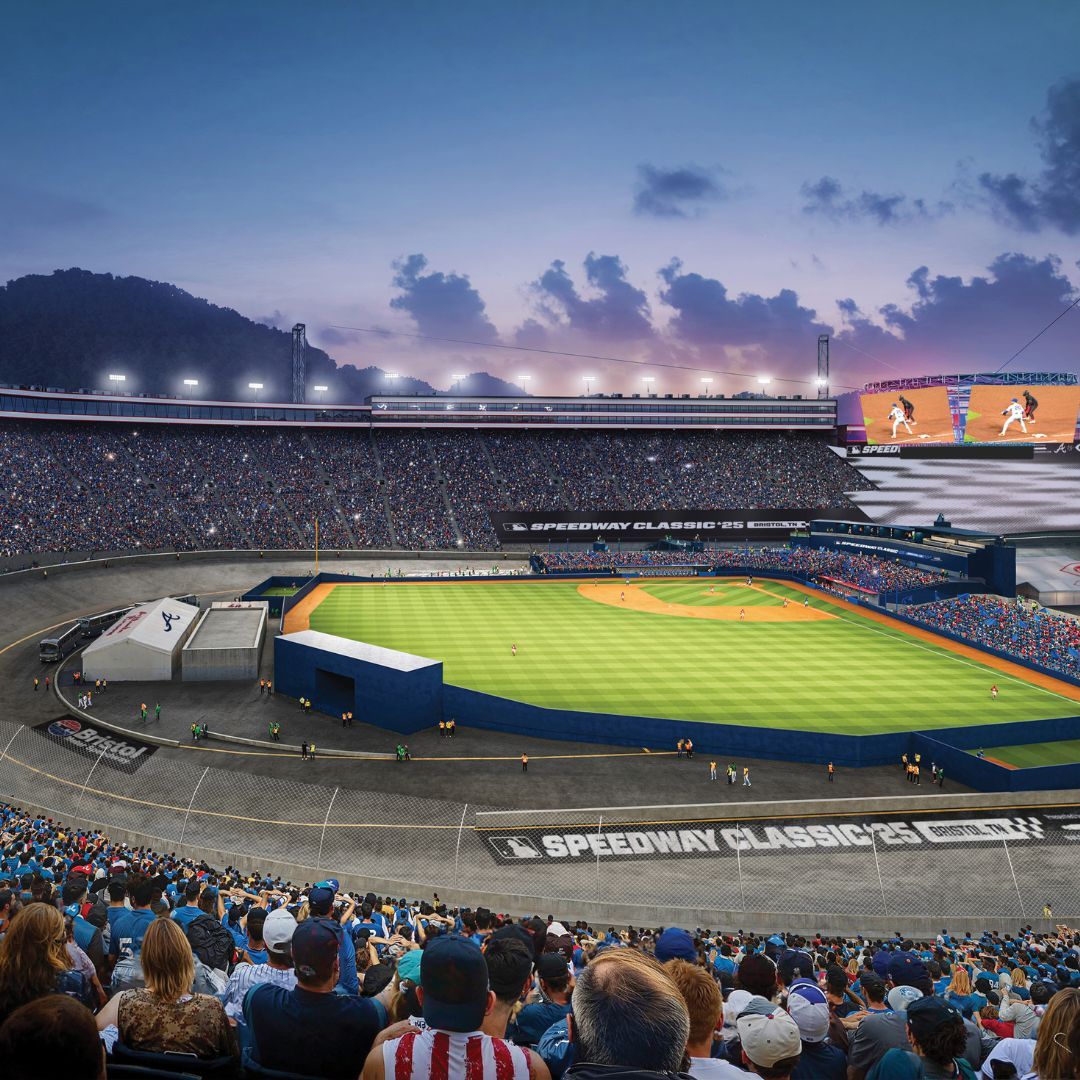FTC Appeals Activision Blizzard Acquisition Decision: What's Next?

Table of Contents
The FTC's Arguments for Appeal
The FTC's antitrust lawsuit centers on concerns about anti-competitive behavior by Microsoft following the acquisition of Activision Blizzard. Their arguments hinge on several key points:
-
Harm to Competition: The FTC argues that the acquisition would substantially lessen competition in the video game market, particularly concerning popular franchises like "Call of Duty." They believe that Microsoft could leverage its ownership of Activision Blizzard to stifle competition from other major players in the gaming console market, creating an uneven playing field.
-
Market Dominance: A core argument revolves around Microsoft's potential to achieve undue market dominance. The FTC asserts that Microsoft could use its control over Activision Blizzard's titles, including "Call of Duty," to harm rivals' console sales and subscription services like Xbox Game Pass. This could lead to increased prices, reduced innovation, and a less diverse gaming experience for consumers.
-
Call of Duty as a Key Asset: The FTC highlights "Call of Duty" as a central point of contention. They argue that making "Call of Duty" exclusive to Xbox or significantly hindering its availability on competing platforms would give Microsoft an unfair competitive advantage, potentially harming Sony's PlayStation and other gaming platforms.
-
Legal Precedents: The FTC's appeal likely cites several past antitrust cases to support its claim that the Microsoft-Activision Blizzard merger violates existing laws designed to prevent monopolies and promote fair competition within the gaming industry and broader tech markets.
-
Market Consolidation: A key concern for the FTC is the overall consolidation of the gaming market. The acquisition of Activision Blizzard by Microsoft would represent a significant step towards further monopolization of the sector, potentially harming innovation and consumer choice in the long term.
Microsoft's Counterarguments and Defense Strategy
Microsoft counters the FTC's claims with a multi-pronged defense strategy focusing on several key points:
-
Promoting Competition: Microsoft argues that the acquisition will actually increase competition, particularly in the rapidly growing cloud gaming market. They emphasize their commitment to bringing Activision Blizzard games to various platforms, including competitors' consoles.
-
Concessions and Remedies: Microsoft has offered concessions to address the FTC's concerns, including long-term agreements to keep "Call of Duty" available on PlayStation and other platforms. These proposed remedies are aimed at demonstrating their commitment to maintaining fair competition within the gaming industry.
-
Cloud Gaming Focus: A significant part of Microsoft's defense emphasizes the importance of the cloud gaming market and their plan to make Activision Blizzard titles available through their cloud gaming services. They argue this expands access to games for a broader audience, rather than restricting it.
-
Consumer Benefits: Microsoft highlights the potential benefits for consumers, such as access to a wider library of games and potential price reductions resulting from economies of scale achieved through the merger. They aim to demonstrate that the acquisition serves consumer interests.
-
Economic Analyses: Microsoft's legal team has employed leading economic experts to provide analyses supporting their claim that the acquisition would not significantly harm competition. These analyses aim to refute the FTC's economic arguments against the merger.
The Potential Outcomes and Timeline
The appeal process will likely involve several stages, including briefing schedules, potential oral arguments before the appellate court, and ultimately, a decision. The timeline could stretch over several months, even years.
-
Possible Outcomes: The appellate court could uphold the lower court's ruling, allowing the acquisition to proceed. Alternatively, they could overturn the decision, blocking the merger. A less likely, but possible, outcome involves a compromise, requiring Microsoft to make further concessions to alleviate competitive concerns.
-
Impact on the Gaming Industry: A successful appeal by the FTC would likely result in increased regulatory scrutiny of mergers and acquisitions in the gaming industry, potentially slowing down future consolidation efforts. It would also significantly impact the strategy of other large gaming companies considering similar acquisitions.
-
Implications for Microsoft and Activision Blizzard: A blocked merger would be a substantial setback for Microsoft's gaming ambitions. For Activision Blizzard, it could mean continued uncertainty and a potential need to explore alternative strategic partnerships.
-
Further Legal Challenges: Regardless of the outcome of this appeal, further legal challenges remain a possibility, depending on the final ruling and the positions of involved parties.
Impact on other Gaming Mergers and Acquisitions
The FTC's appeal sets a significant precedent for future mergers and acquisitions in the gaming industry and potentially across the wider tech sector.
-
Increased Regulatory Scrutiny: The outcome will likely increase the level of regulatory scrutiny applied to future mergers and acquisitions, especially those involving large companies with significant market power.
-
Shifting M&A Landscape: This case could reshape the approach companies take when considering large-scale acquisitions, leading to a more cautious and potentially slower pace of consolidation.
-
Industry Precedent: The ruling will serve as a critical reference point for future antitrust cases in the gaming and technology industries, influencing how regulators assess the competitive implications of such deals.
Conclusion
The FTC's appeal of the Activision Blizzard acquisition represents a significant turning point in the ongoing debate about mergers and acquisitions in the gaming industry. The outcome of this appeal will have far-reaching consequences, setting a precedent for future regulatory oversight and shaping the competitive landscape of the gaming market. The arguments presented by both sides highlight the complex interplay between competition, innovation, and consumer benefits in this rapidly evolving sector. The impact extends beyond gaming, setting a precedent for antitrust considerations across the tech industry.
Call to Action: Stay tuned for updates on the FTC's appeal of the Activision Blizzard acquisition. We will continue to provide comprehensive coverage of this landmark case and its implications for the future of the gaming industry. Follow us for the latest developments on this critical Activision Blizzard acquisition and its effects on the wider gaming market.

Featured Posts
-
 Uruguays Offshore Potential A Look At Black Gold Exploration
May 11, 2025
Uruguays Offshore Potential A Look At Black Gold Exploration
May 11, 2025 -
 Debbie Elliott A Comprehensive Overview
May 11, 2025
Debbie Elliott A Comprehensive Overview
May 11, 2025 -
 Jessica Simpson On Feeling Like A Failure Comparing Herself To Spears And Aguilera
May 11, 2025
Jessica Simpson On Feeling Like A Failure Comparing Herself To Spears And Aguilera
May 11, 2025 -
 Facing Tik Tok How Instagram Plans To Maintain Growth According To Its Ceo
May 11, 2025
Facing Tik Tok How Instagram Plans To Maintain Growth According To Its Ceo
May 11, 2025 -
 Bristol Speedway Classic Will Fans Turn Out For Manfred
May 11, 2025
Bristol Speedway Classic Will Fans Turn Out For Manfred
May 11, 2025
